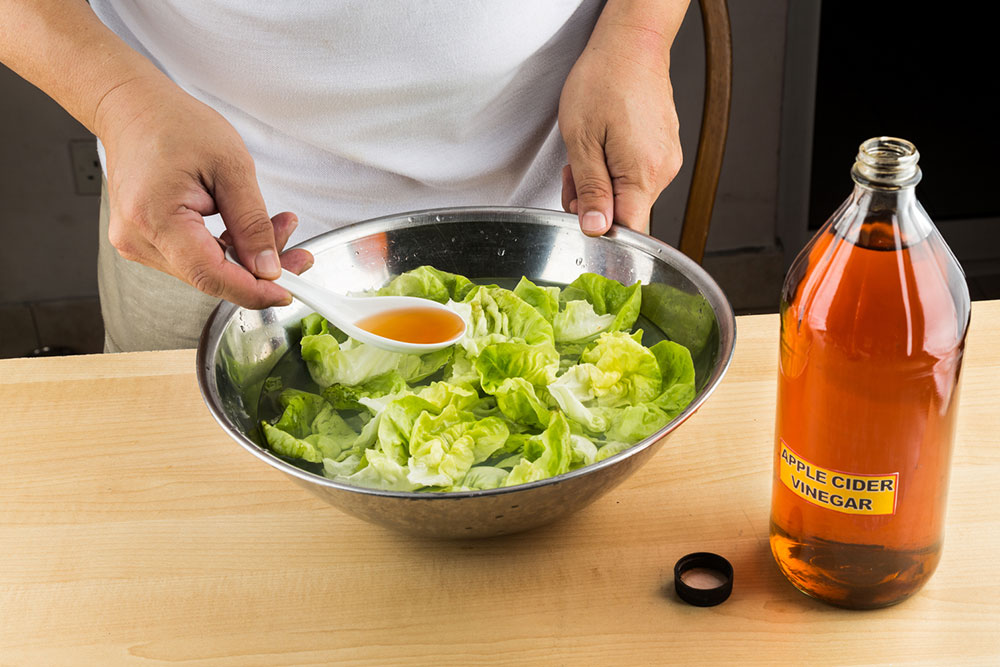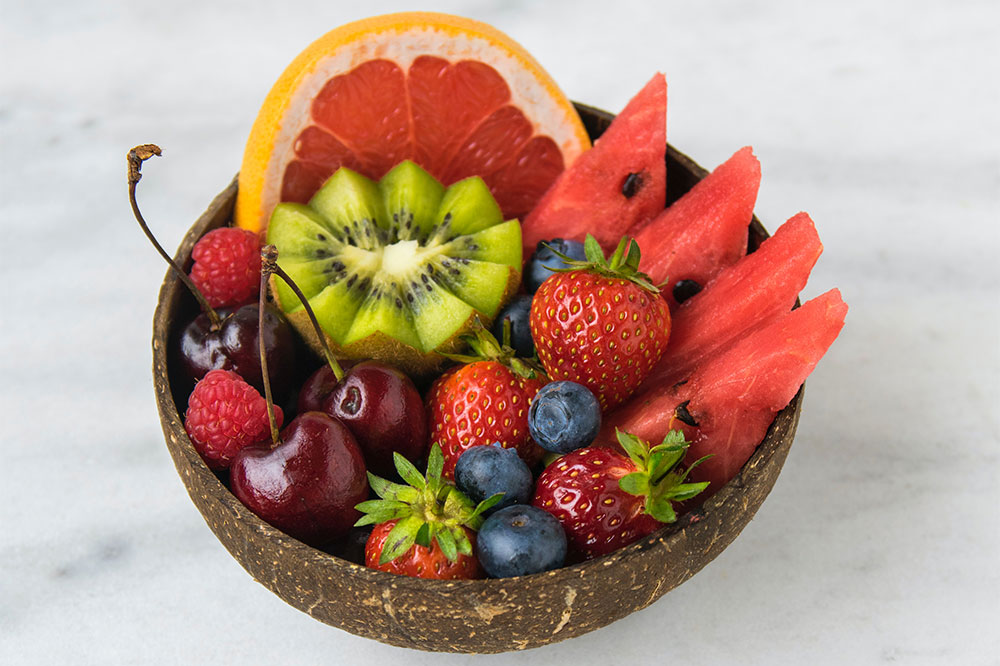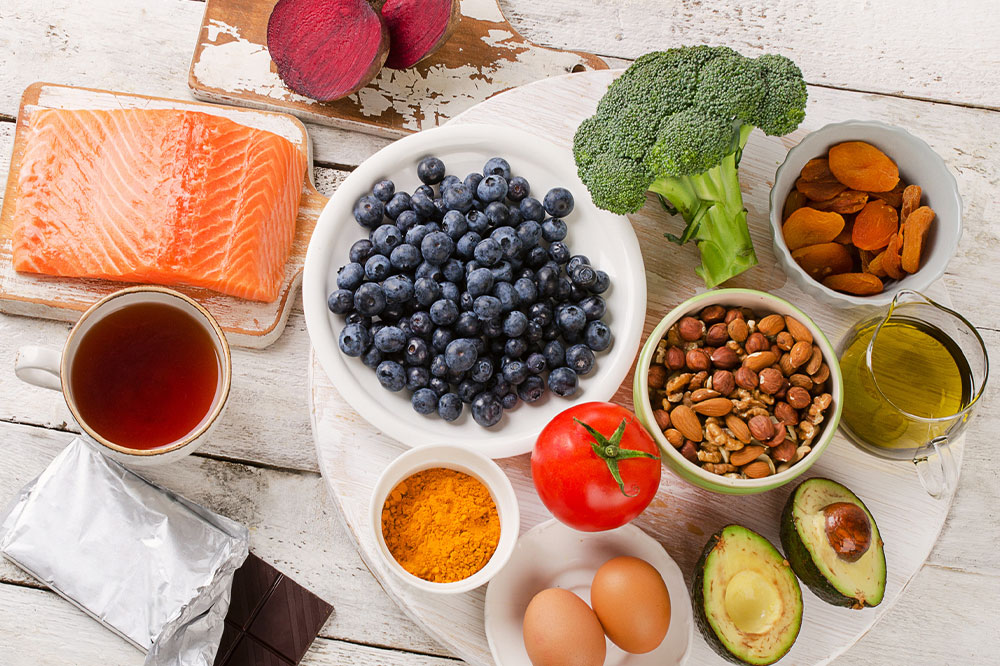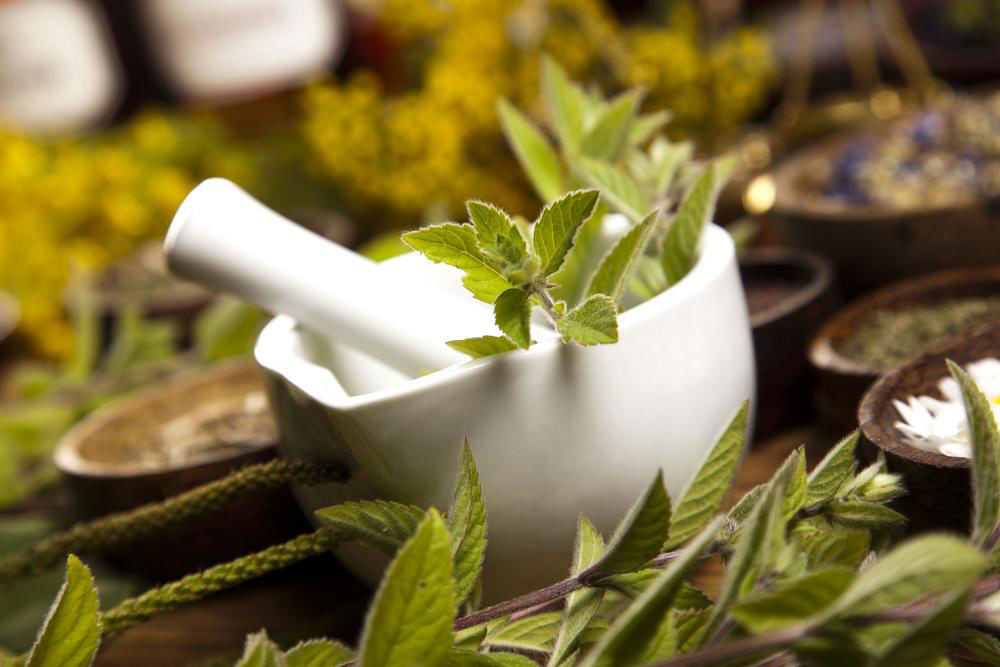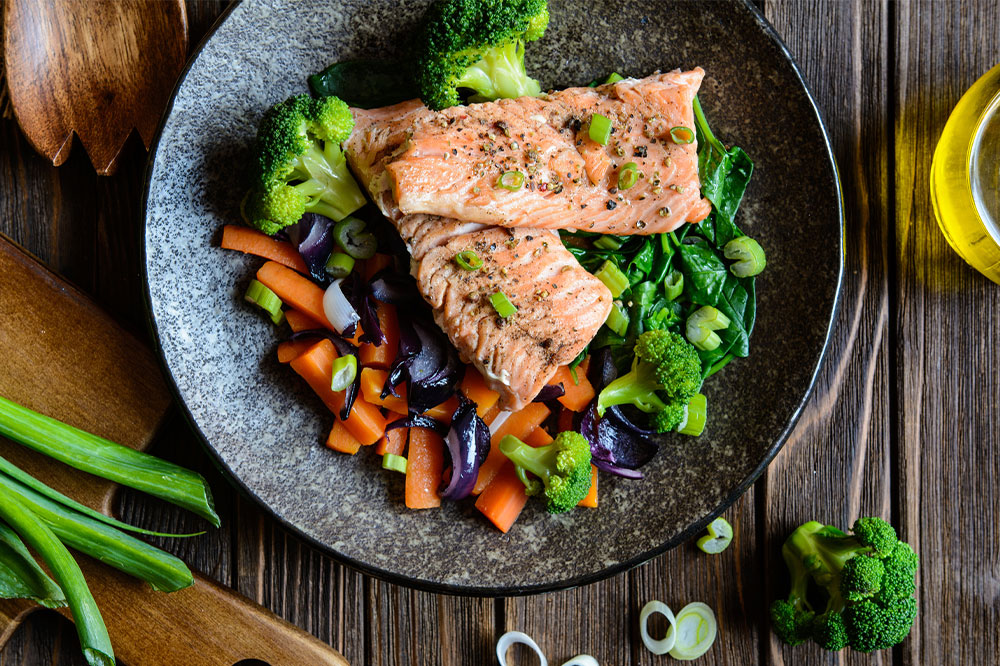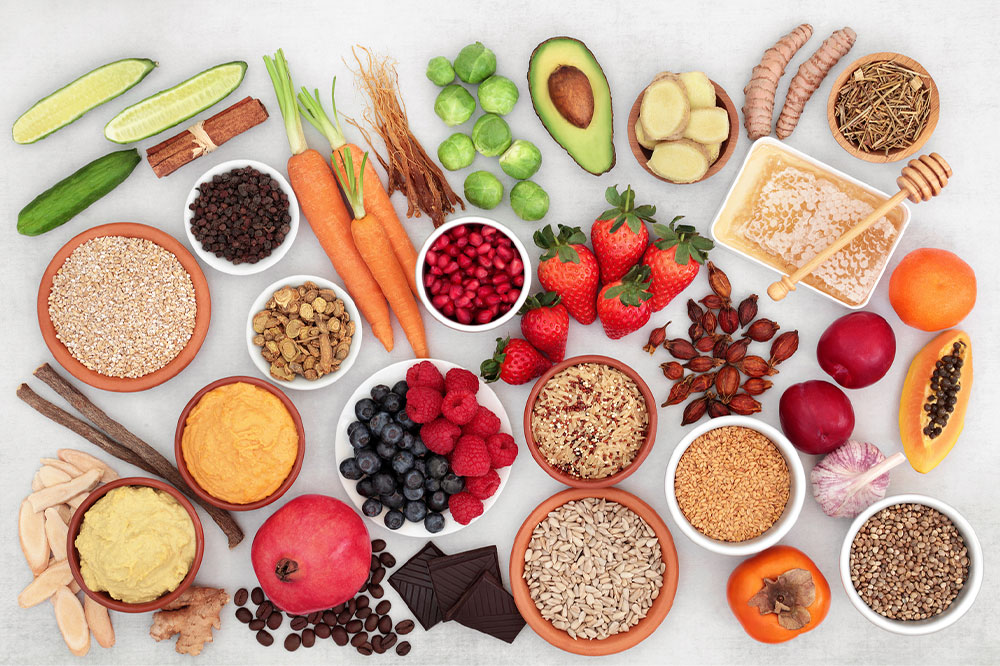Effective Nutritional Approaches to Support Kidney Infection Recovery
This comprehensive guide explores effective nutritional strategies to support recovery from kidney infections. It emphasizes the importance of immune-boosting fruits, vegetables, probiotic-rich foods, and healthy fats, while highlighting dietary practices that aid inflammation reduction and kidney health. Personalized nutritional guidance and hydration are also discussed to optimize healing. Incorporating these dietary tips can enhance recovery, protect kidney function, and promote overall urinary tract health during and after infection.
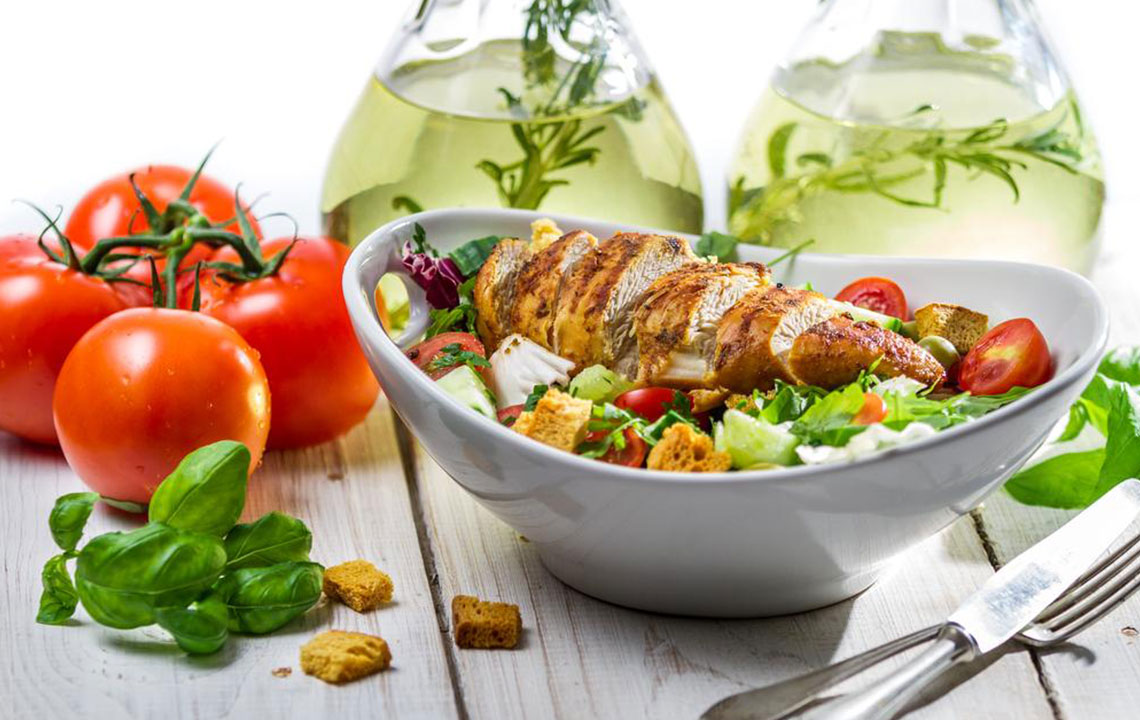
Effective Nutritional Approaches to Support Kidney Infection Recovery
Kidney infections, medically known as pyelonephritis, are severe bacterial infections affecting the kidneys and upper urinary tract. These infections require prompt medical diagnosis and treatment, typically involving antibiotics to eliminate the bacterial cause. However, in addition to prescribed medications, adopting specific nutritional strategies can significantly enhance recovery, bolster immune defenses, and reduce inflammation. Proper diet plays a crucial role in supporting kidney health and facilitating a faster healing process. In this article, we explore comprehensive dietary recommendations designed specifically for individuals recovering from a kidney infection, emphasizing foods rich in vitamins, antioxidants, anti-inflammatory compounds, and probiotics.
Understanding Kidney Infections and Their Impact
Kidney infections occur when bacteria, often originating from the lower urinary tract, ascend into the kidneys. Common symptoms include fever, chills, flank pain, painful urination, and general malaise. The severity of the infection can vary, and if left untreated, it can lead to serious complications such as kidney damage or sepsis. Therefore, medical intervention is vital.
While antibiotics are the frontline treatment, supportive nutritional measures can help in reducing the burden of infection, restoring kidney function, and minimizing damage. Proper nutrition not only enhances immune response but also provides essential nutrients that aid tissue repair, inflammation reduction, and overall well-being during recovery.
Optimizing Your Diet During Recovery
Eating the right foods during recovery from a kidney infection is crucial. Focus on incorporating a variety of nutrient-dense foods that can promote healing, support immune function, and reduce inflammation. Here are detailed recommendations:
Fruits that Combat Infection and Support Immunity
Citrus Fruits: Oranges, grapefruits, and lemons are high in vitamin C, which is vital for strengthening the immune system. Vitamin C helps increase white blood cell production, essential for fighting bacterial infections.
Blueberries and Cranberries: Rich in antioxidants and phytochemicals, these berries have anti-inflammatory properties. Cranberries, in particular, contain compounds that prevent bacteria from adhering to urinary tract walls, aiding in infection prevention and resolution.
Watermelon and Papaya: High in water content and vitamins A, C, and E, these fruits help hydrate the body, flush kidneys, and provide antioxidant support to combat oxidative stress caused by infection.
Vegetables for Vital Nutrients and Anti-inflammatory Benefits
Cucumber and Celery: Both are hydrating vegetables that support kidney filtration and reduce inflammation. They provide essential vitamins, minerals, and fiber.
Legumes and Asparagus: Rich in folate, fiber, and antioxidants, these vegetables strengthen immunity and support tissue repair during recovery.
Incorporating Probiotics for Gut and Kidney Health
Yogurt, Buttermilk, and Raw Cheese: These fermented foods introduce beneficial bacteria into the gut, which enhances immune function and helps maintain a healthy balance of bacteria, crucial during infection recovery.
Healthy Protein Sources Rich in Omega-3 Fatty Acids
Seafood: Salmon, sardines, and tuna are excellent sources of omega-3 fatty acids, which have potent anti-inflammatory properties. Including these in your diet can help reduce kidney inflammation and promote healing.
Plant-based Options: Flaxseeds, walnuts, and chia seeds are plant-based sources of omega-3s. Their inclusion supports brain health and further reduces systemic inflammation.
Foods and Substances to Limit or Avoid
Caffeine: Excessive caffeine can irritate the kidneys and urinary tract, so limit coffee, tea, and energy drinks.
Processed Snacks and Cured Meats: These often contain high levels of sodium and preservatives that can strain kidney function and exacerbate inflammation.
High-Sodium Foods: Reducing salt intake is critical, as high sodium levels can lead to water retention and elevated blood pressure, further stressing the kidneys.
Important Considerations and Consultation
Every individual’s health status and nutritional needs differ, so personalized dietary guidance from a healthcare professional or registered dietitian is recommended. Additionally, maintaining adequate hydration is essential during recovery, so drinking plenty of water throughout the day helps flush bacteria from the urinary tract and supports kidney function.
In conclusion, a strategic combination of nutrient-rich, anti-inflammatory, and probiotic foods can significantly assist in восстановления kidneys after infection. Alongside medical advice and appropriate medications, adopting a kidney-friendly diet can make a profound difference in recovery outcomes, reduce complications, and restore optimal urinary tract health.
